Home>Furniture>Outdoor Furniture>How To Deter Flies Outside On The Patio
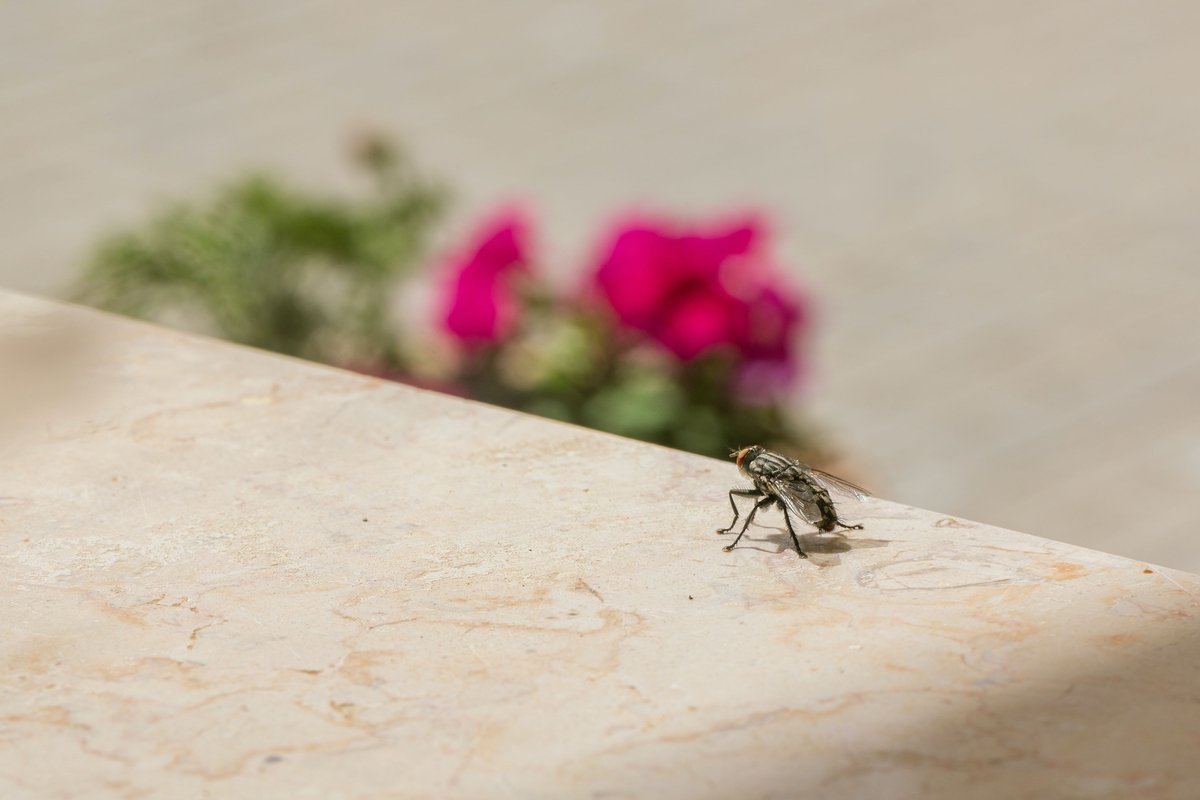

Outdoor Furniture
How To Deter Flies Outside On The Patio
Modified: October 20, 2024
Learn effective techniques to deter flies from bothering you on your outdoor patio. Discover how outdoor furniture can play a crucial role in keeping flies away.
(Many of the links in this article redirect to a specific reviewed product. Your purchase of these products through affiliate links helps to generate commission for Storables.com, at no extra cost. Learn more)
Introduction
When it comes to enjoying the great outdoors, there’s nothing quite like relaxing on your patio. However, pesky flies can quickly turn a peaceful afternoon into a frustrating experience. Not only are flies a nuisance, but they can also carry diseases and contaminate your food. That’s why it’s crucial to know how to deter flies outside and create a fly-free zone on your patio.
Understanding the behavior of flies is the first step in effectively keeping them away. Flies are attracted to food, garbage, and other organic matter. They are also drawn to warm temperatures and bright lights. By comprehending their preferences, you can implement strategies to make your patio less appealing to these unwanted visitors.
Creating a fly-free zone on your patio involves a combination of natural remedies, traps, cleanliness, and proper waste management. Fortunately, there are many options and techniques available to help you achieve this goal. From utilizing essential oils and herbs to setting up fly traps and maintaining a tidy patio, you can take proactive measures to keep flies at bay.
In this article, we will explore various methods to deter flies outside on your patio. We will discuss natural remedies, such as using plants and herbs with fly-repelling properties. We’ll also cover how to set up effective fly traps and implement proper waste management practices. Lastly, we’ll touch on using commercial products specifically designed to repel flies.
By following these tips and techniques, you can reclaim your patio and create a more enjoyable outdoor experience. Whether you’re hosting a backyard barbecue or simply relaxing with a book, having a fly-free zone on your patio will make the experience more enjoyable and hygienic.
So, let’s dive in and explore the best ways to deter flies outside on your patio. With a little effort and a proactive approach, you can ensure that flies are no longer a bother and can fully enjoy your outdoor space.
Key Takeaways:
- Keep flies away from your patio by using natural remedies like plants, herbs, and essential oils. Maintain a clean space, set up traps, and manage waste to create a fly-free outdoor experience.
- Understanding fly behavior and implementing natural, DIY, and commercial solutions can help you enjoy a peaceful and hygienic patio free from pesky flies.
Read more: How To Deter Wasps From A Patio
Understanding the Behavior of Flies
Before we delve into the various methods to deter flies outside on your patio, it’s important to understand their behavior. By having a clear understanding of what attracts flies and their habits, you can implement targeted strategies to keep them away.
Flies are attracted to a variety of factors, including food, garbage, and decaying organic matter. They have a keen sense of smell and are particularly drawn to strong odors. Rotting fruit, leftover food, and pet waste are all magnets for flies. Therefore, one of the most effective ways to deter flies is to eliminate these enticing food sources.
In addition to odor, flies are also attracted to warmth and light. They seek out warm environments and are often found hovering near light sources, such as patio lights or outdoor lamps. Understanding this behavior can help you strategically place traps and deterrents to redirect their attention away from your patio.
Flies are not only annoying but can also pose significant health risks. They can carry and transmit various diseases, including salmonella and E. coli. These pathogens can contaminate your food, leading to potential illness if ingested. It’s essential to keep flies away from your patio to maintain a clean and hygienic environment for you and your family.
Now that we have a basic understanding of fly behavior, let’s move on to the next section and explore how to create a fly-free zone on your patio using natural remedies.
Creating a Fly-Free Zone on Your Patio
Creating a fly-free zone on your patio involves implementing various techniques and strategies to deter flies and make your outdoor space less appealing to them. By combining these methods, you can significantly reduce the presence of flies and enjoy a more peaceful and enjoyable patio experience.
One effective natural method to deter flies is to use plants and herbs with fly-repelling properties. Certain plants, such as lavender, basil, and mint, have a strong scent that flies find unpleasant. By strategically placing these plants around your patio, you can naturally repel flies. Additionally, citronella candles or torches can also help keep flies at bay, as flies dislike the scent of citronella.
Maintaining a clean and tidy patio is crucial in creating a fly-free zone. Flies are attracted to food, garbage, and organic matter, so be sure to promptly clean up any food spills and crumbs. Regularly emptying and cleaning your garbage cans will also help prevent flies from being drawn to your patio. Consider using tightly sealed garbage bins to keep the smell contained and prevent flies from accessing the trash.
Another effective method to deter flies is to use fans on your patio. Flies are not strong fliers, so having a breeze created by fans can make it difficult for them to hover around your patio. Additionally, if you have a covered patio, installing screens or netting can help keep flies out while still allowing fresh air to flow through.
Lighting can also play a role in deterring flies on your patio. Since flies are attracted to bright lights, consider using yellow or sodium vapor lights, as these are less attractive to flies. It’s also a good idea to keep outdoor lights at a distance from your patio seating area, reducing the chances of flies being drawn towards you and disrupting your outdoor activities.
By combining these natural methods and techniques, you can create a fly-free zone on your patio. The next section will explore natural remedies to further repel flies and ensure they stay away from your outdoor space.
Natural Remedies to Deter Flies
When it comes to deterring flies on your patio, natural remedies can be highly effective and environmentally friendly. By utilizing certain herbs, essential oils, and other natural ingredients, you can repel flies and keep them away from your outdoor space.
One popular natural remedy is the use of essential oils. Flies are repelled by strong scents, so incorporating essential oils into your patio routine can help deter them. Lemon eucalyptus, peppermint, lavender, and citronella essential oils are known to be effective in repelling flies. Simply mix a few drops of the essential oil with water in a spray bottle and apply it to areas where flies are present, such as around the patio seating area or near garbage bins. Alternatively, you can soak cotton balls in the essential oils and place them strategically around your patio to keep flies at bay.
In addition to essential oils, certain herbs can also act as natural fly deterrents. Growing herbs such as basil, rosemary, and tansy can help repel flies due to their strong scent. Consider planting these herbs in pots or flower beds near your patio, or create a small herb garden specifically for their fly-repelling properties.
Vinegar is another natural remedy that can effectively deter flies. Fill a small bowl with vinegar and place it near the patio seating area or other areas where flies are a problem. The strong smell of vinegar will repel flies and prevent them from lingering in the vicinity.
Another natural solution to deter flies is using homemade fly traps. You can easily create a fly trap using a plastic bottle, cutting a small hole in the side near the top, and filling it with a mixture of sugar water, vinegar, and a few drops of dish soap. Flies will be attracted to the smell and will enter the bottle through the hole, but the dish soap will make the mixture sticky, preventing them from escaping. Place these traps around your patio, away from seating areas, to lure and trap flies.
By harnessing the power of natural remedies, you can repel flies from your patio without the use of harmful chemicals. However, if natural remedies do not provide enough relief, there are commercial products available that can further aid in deterring flies on your patio, which we will explore in the next section.
Setting Up Traps for Flies
If you find that natural remedies alone aren’t enough to deter flies on your patio, setting up traps can be an effective way to capture and eliminate these pesky insects. There are various types of traps available, each designed to lure flies and prevent them from bothering you and your guests.
One of the most common types of fly traps is the sticky trap or fly paper. These traps consist of a sticky surface that flies are attracted to and get trapped upon contact. Hang them around your patio, ensuring they are placed away from seating areas to avoid any accidental contact by humans or pets. Sticky traps are inexpensive and easy to setup, making them a popular choice for fly control.
Fly bait traps are another option for capturing flies. These traps use a combination of attractants to lure flies into a container or bag, where they are unable to escape. The bait is usually a mixture of sugar or syrup, water, and a fly attractant such as yeast or fruit juice. Place these traps away from seating areas to avoid any unpleasant odors.
An alternative to traditional traps is the electric fly trap. These traps use UV light to attract flies, and once they come in contact with the trap, they are electrocuted. Electric fly traps are effective at capturing flies and typically come with a collection tray for easy disposal. However, keep in mind that they may emit a subtle humming noise, which can be bothersome in quiet outdoor settings.
When setting up traps, it’s essential to strategically place them in areas where flies are frequently present. Common spots include near garbage cans, outdoor kitchens, and pet waste areas. Regularly check and empty the traps to prevent any build-up of dead flies and ensure they remain effective.
In addition to traps, fly swatters can be handy tools for immediate fly control. Keep a fly swatter accessible on your patio and use it to swat any flies that may enter the space. This method requires quick reflexes but can be satisfying and effective for eliminating individual flies.
By setting up traps designed specifically for flies, you can significantly reduce their presence on your patio and create a more enjoyable outdoor experience. However, it’s important to remember that traps alone may not completely eliminate flies, so it’s crucial to combine trap usage with other preventive measures, such as maintaining a clean patio and utilizing natural remedies.
The next section will explore the importance of maintaining a clean and tidy patio as a means to deter flies.
Use natural fly deterrents like citronella candles, essential oils (eucalyptus, lavender), or plants (basil, mint). Keep the patio clean and free of food scraps to discourage flies.
Read more: How To Deter Rats From The Patio
Maintaining a Clean and Tidy Patio
Keeping your patio clean and tidy is essential for deterring flies and preventing their presence. Flies are drawn to food, garbage, and organic matter, so maintaining cleanliness is key to creating an environment that is less appealing to them.
Start by regularly sweeping and removing any debris from your patio. This includes leaves, grass clippings, and other organic materials that can attract flies. By keeping your patio clear of these items, you eliminate potential breeding grounds and hiding spots for flies.
Next, be diligent about cleaning up any food spills or crumbs immediately. Flies are attracted to the scent of food, so removing these attractive odors will discourage them from lingering around your patio. Wipe down surfaces and sweep away any remnants of food that may have fallen onto the ground.
Proper waste management is also crucial in maintaining a clean and fly-free patio. Ensure that garbage cans have tight-fitting lids to prevent flies from accessing them. It’s important to regularly empty and clean your garbage cans to avoid any build-up of smells or food residue that may attract flies.
If you have an outdoor kitchen or grill area on your patio, be especially diligent in cleaning up after each use. Dispose of any food scraps in sealed containers or double-bagged garbage bags. Flies are particularly attracted to the smells associated with cooking and food preparation, so thorough cleaning is essential to keep them at bay.
Pet waste can also be a significant attractant for flies. If you have pets that use the patio, promptly clean up after them and dispose of their waste properly. Flies are drawn to the odors of feces and urine, so removing these smells will help deter them from your outdoor space.
Regularly inspect your patio for any stagnant water or standing puddles. Flies are also attracted to water sources, as they require it for breeding. Ensure that any areas of standing water, such as flower pot saucers or bird baths, are emptied regularly to prevent flies from reproducing.
Maintaining a clean and tidy patio not only helps deter flies but also contributes to a hygienic and inviting outdoor space. By eliminating potential food and breeding sources, you create an environment that is less attractive to flies and enhances your overall patio experience.
Now that we’ve covered the importance of a clean patio, let’s move on to the next section, which explores commercial products that can help repel flies on your patio.
Using Commercial Products to Repel Flies
If natural remedies and DIY solutions are not providing sufficient results in deterring flies on your patio, you may want to consider using commercial products specifically designed to repel these pesky insects. There are numerous options available in the market, each offering different methods of fly control.
One popular commercial product for fly control is fly repellent sprays. These sprays typically contain ingredients such as DEET or picaridin, which help repel flies and other insects. Apply the repellent according to the instructions on the bottle, focusing on exposed skin or clothing when spending time on your patio. Fly repellent sprays are readily available at most stores and are convenient to use.
Another commonly used commercial product is fly traps. These traps are designed with attractants that lure flies, causing them to become trapped and unable to escape. Some fly traps are designed for indoor use, while others are suitable for outdoor areas. Place the traps strategically around your patio, away from seating areas, to attract and capture flies.
Electric bug zappers are also effective at reducing the presence of flies on your patio. These devices use UV light to attract flies, mosquitoes, and other flying insects. Once the insects come into contact with the zapper, they are electrocuted. Electric bug zappers can be hung or placed on a flat surface, away from seating areas, to minimize disruption.
Fly ribbons or sticky tapes are inexpensive yet efficient commercial products for fly control. These adhesive strips are coated with a sticky substance that attracts flies and traps them upon contact. Hang the ribbons or tapes in areas where flies are prevalent, but be sure to keep them out of reach of children and pets to avoid accidental contact.
When using commercial fly control products, always follow the instructions provided by the manufacturer. Ensure that the products are safe for use in outdoor areas and consider any potential risks or precautions associated with their usage.
Using commercial products can be an effective way to supplement natural remedies and DIY solutions in deterring flies on your patio. However, it’s important to remember that these products should be used in conjunction with other preventive measures, such as maintaining cleanliness and using natural repellents, to maximize their effectiveness.
Now that we’ve explored commercial products for fly control, let’s move on to the next section, which focuses on proper waste management as a crucial aspect of keeping flies away from your patio.
Proper Waste Management to Keep Flies Away
One of the key factors attracting flies to your patio is the presence of waste, including food scraps, garbage, and pet waste. Implementing proper waste management practices is crucial in keeping flies away and maintaining a clean and hygienic outdoor space.
Start by ensuring that your garbage cans have tightly sealed lids. Flies are attracted to the scent of decaying organic matter, so it’s important to prevent them from accessing the waste. Make sure that the lids are secure and can’t be easily opened by flies or other pests.
Regularly emptying and cleaning your garbage cans is essential to avoid the accumulation of odors and food residue that attract flies. Aim to empty your trash cans at least once a week and give them a thorough cleaning with hot soapy water to remove any lingering odors. Additionally, consider using garbage bags that are specifically designed to contain odors to further prevent flies from being attracted to your trash.
If you have an outdoor compost bin, ensure that it is properly maintained and managed. Avoid adding meat or dairy products to the compost, as these can attract flies. Cover your compost bin to prevent flies from accessing it, and regularly turn and mix the contents to promote proper decomposition and prevent unpleasant odors.
Properly disposing of pet waste is another essential aspect of waste management to keep flies away. Flies are particularly attracted to the smell of feces and urine, so it’s important to promptly clean up after your pets. Scoop the waste into a designated pet waste bag and seal it tightly before disposing of it in a trash can with a secure lid.
It’s also important to remove any fallen fruit or vegetables from your patio. Rotting fruit can be a significant attractant for flies, so regularly inspect your patio and remove any fallen produce to deter them from gathering in the area.
By implementing proper waste management practices, you significantly reduce the food sources and scents that attract flies. This, in turn, helps create a more fly-free environment on your patio and promotes a cleaner and healthier outdoor space for you and your guests to enjoy.
Now that we have covered the importance of waste management to deter flies, let’s conclude our article.
Conclusion
Creating a fly-free zone on your patio is essential for enjoying the outdoors without the annoyance and health risks associated with flies. By understanding the behavior of flies, implementing natural remedies, setting up traps, maintaining cleanliness, utilizing commercial products, and practicing proper waste management, you can effectively deter flies and create a more enjoyable outdoor experience.
Understanding that flies are attracted to food, garbage, and organic matter is the foundation for implementing effective strategies. By removing these sources of attraction and using natural remedies like essential oils, herbs, and vinegar, you can repel flies and make your patio less enticing to these pesky insects.
Setting up traps, such as fly paper or electric bug zappers, can further reduce the fly population on your patio. These traps can be strategically placed to attract and capture flies, providing immediate relief from their presence. Additionally, maintaining a clean and tidy patio, including proper waste management, is crucial to removing potential food sources and breeding grounds for flies.
If natural remedies and DIY solutions are not sufficient, utilizing commercial products can provide an extra layer of protection against flies. Fly repellent sprays, traps, and sticky tapes are readily available options that can help in deterring flies effectively.
Remember to follow the instructions provided by the manufacturer when using commercial products and to consider any potential risks or precautions associated with their usage.
In conclusion, by combining these various methods and approaches, you can achieve a fly-free zone on your patio and enjoy a more peaceful and enjoyable outdoor space. Proactively implementing these strategies will not only help in repelling flies but also contribute to overall cleanliness and hygiene of your patio.
So, let’s make the most of our outdoor spaces by creating a fly-free zone and embracing the beauty of nature without the hassle of flies.
Frequently Asked Questions about How To Deter Flies Outside On The Patio
Was this page helpful?
At Storables.com, we guarantee accurate and reliable information. Our content, validated by Expert Board Contributors, is crafted following stringent Editorial Policies. We're committed to providing you with well-researched, expert-backed insights for all your informational needs.
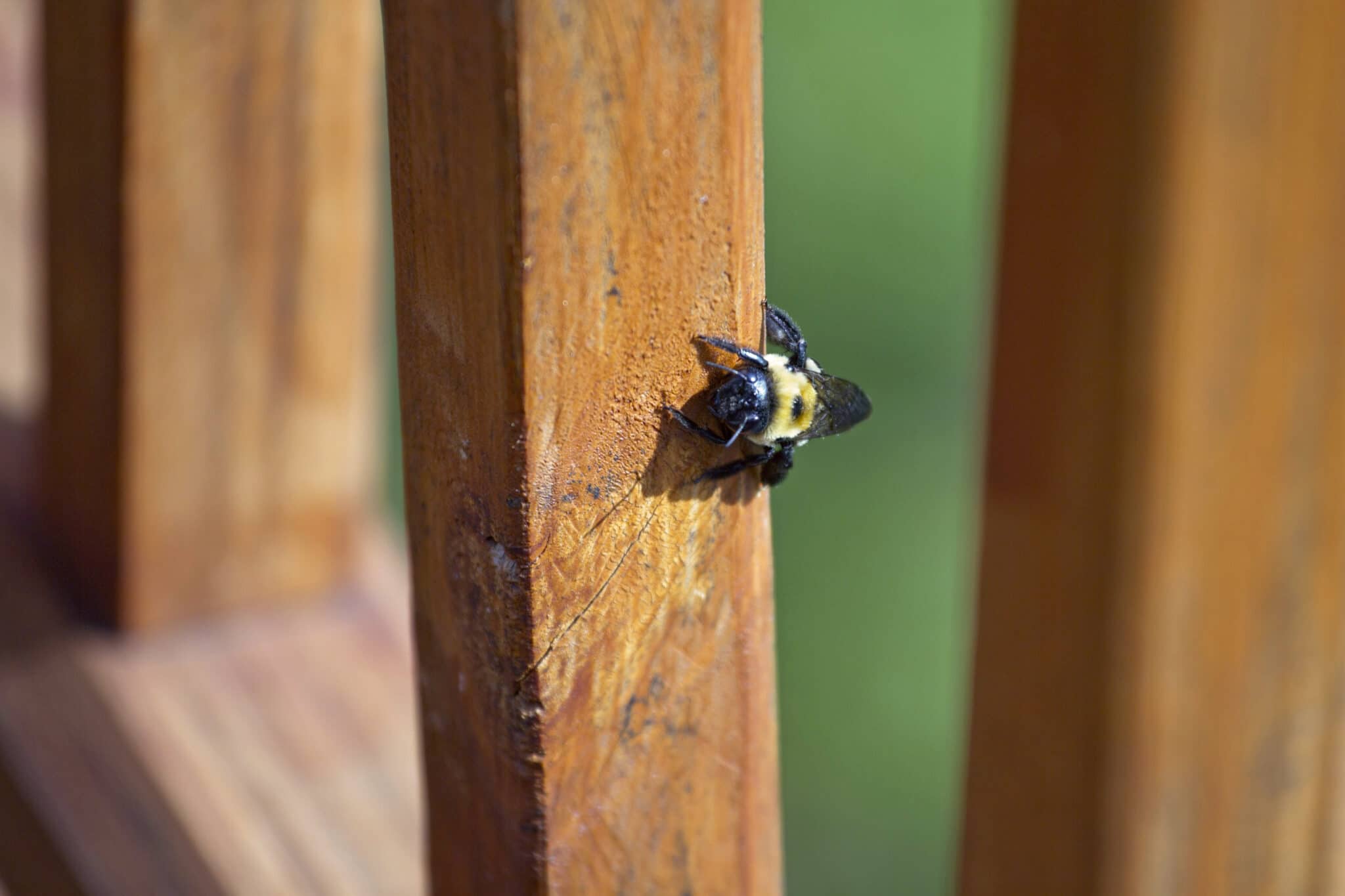
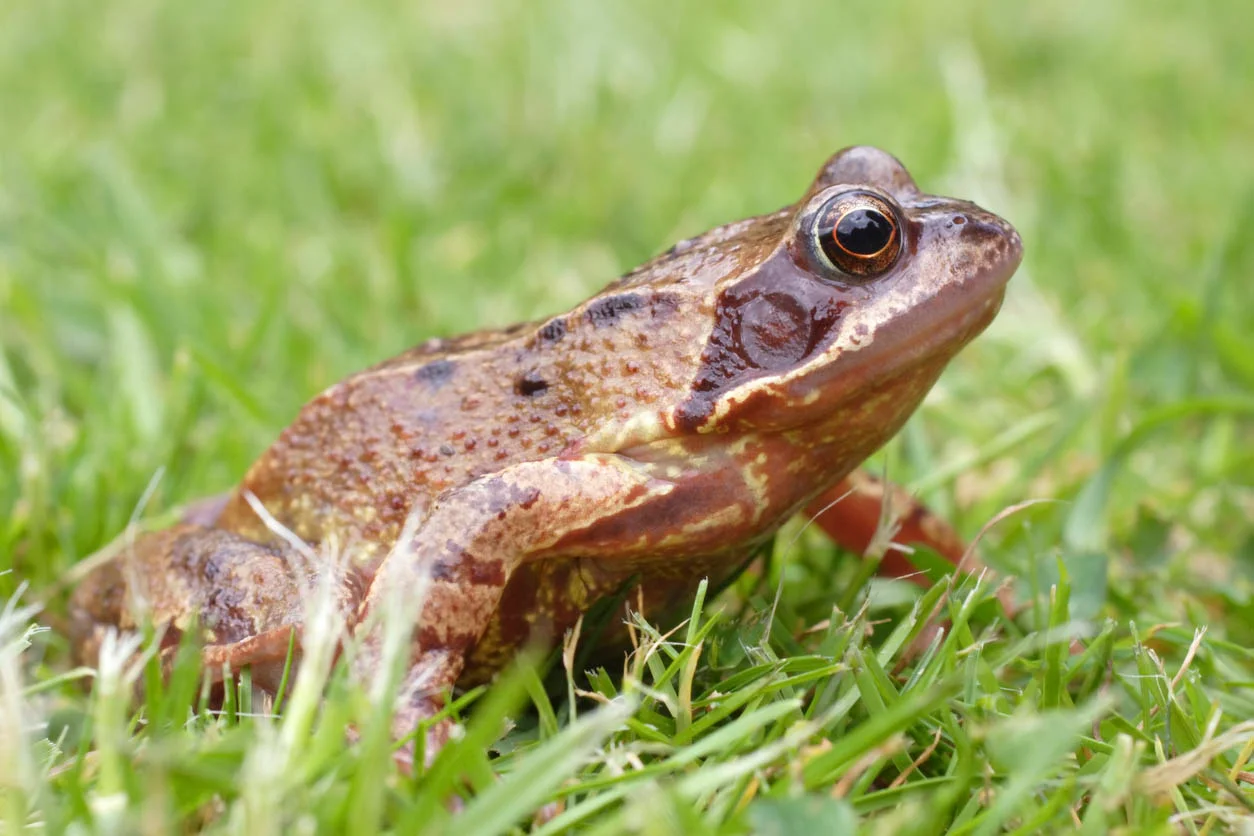
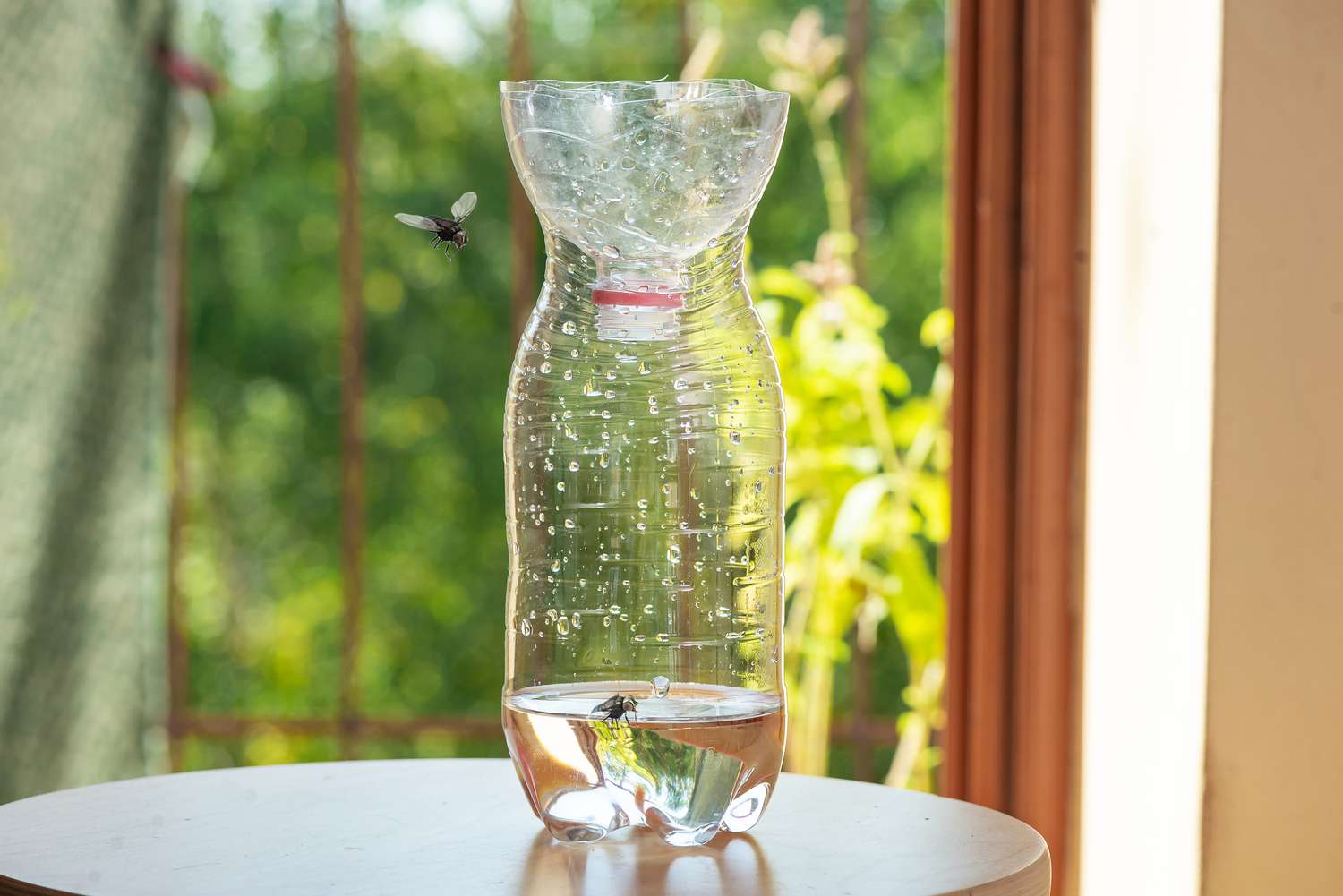
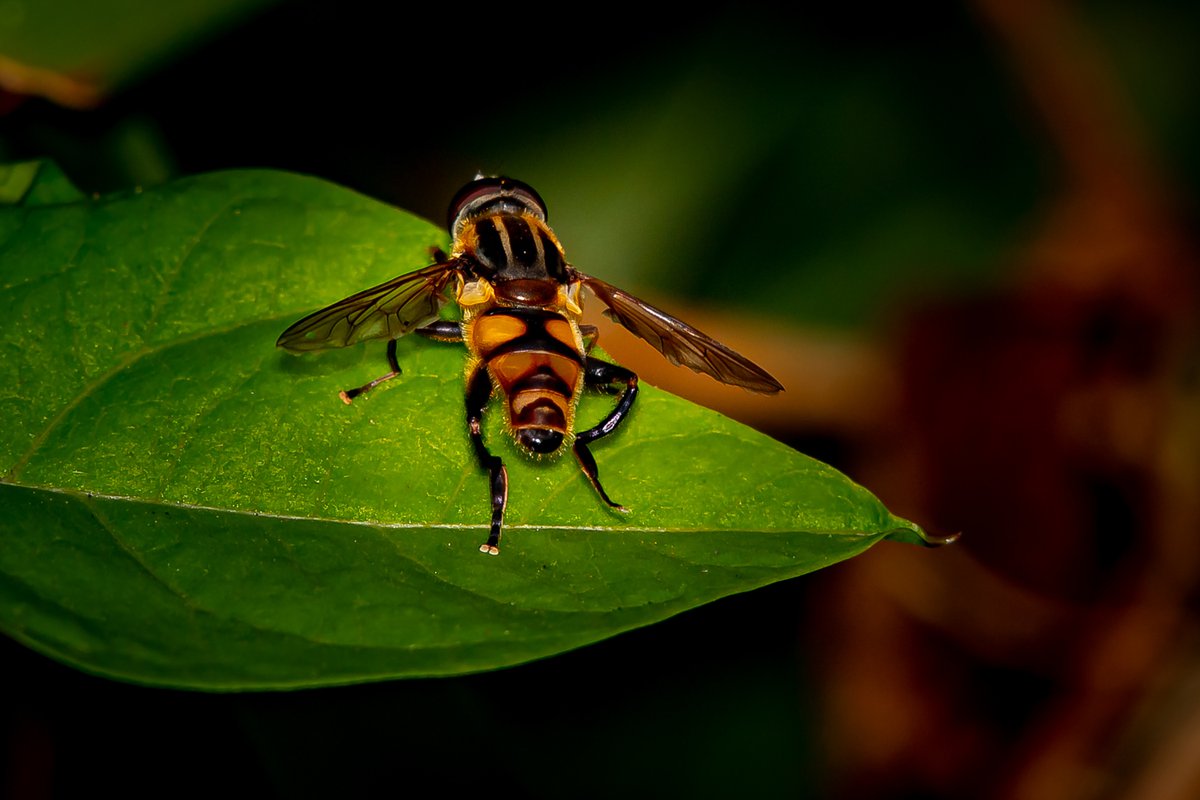
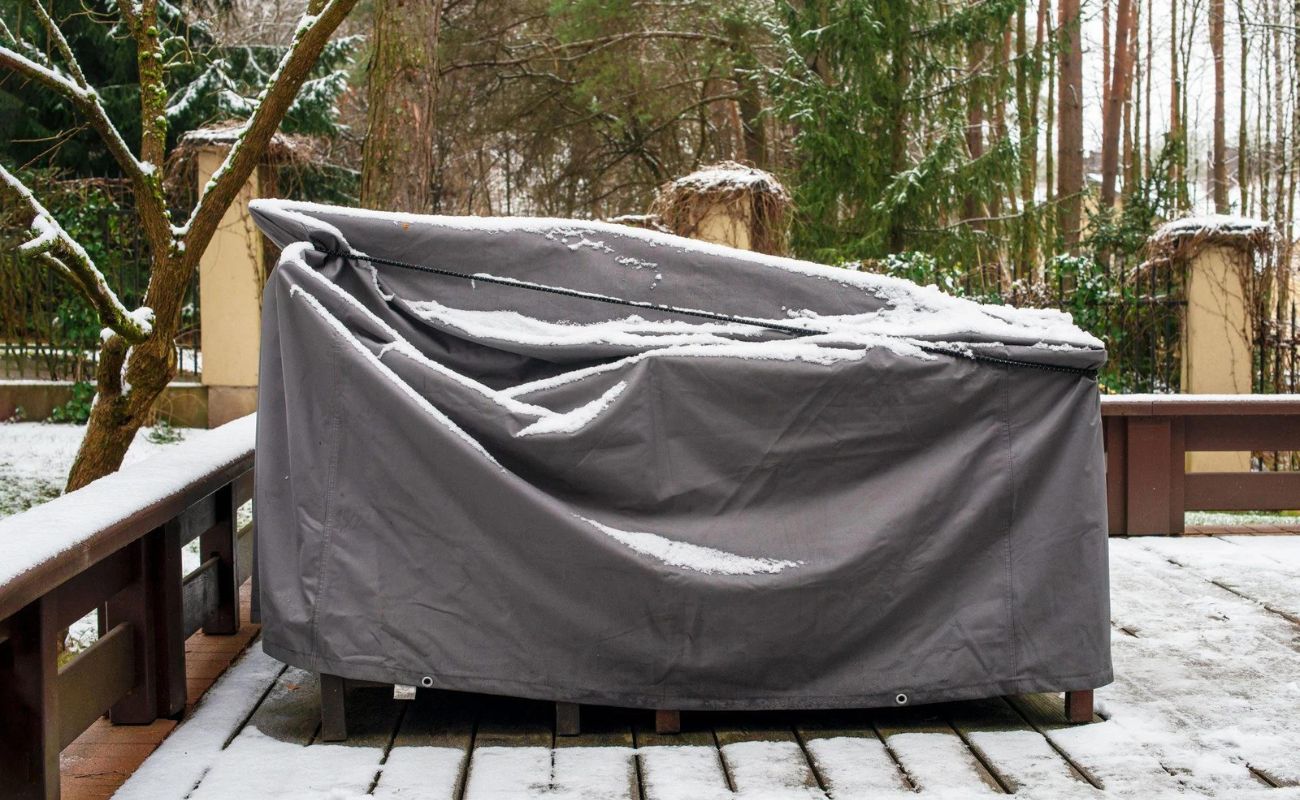



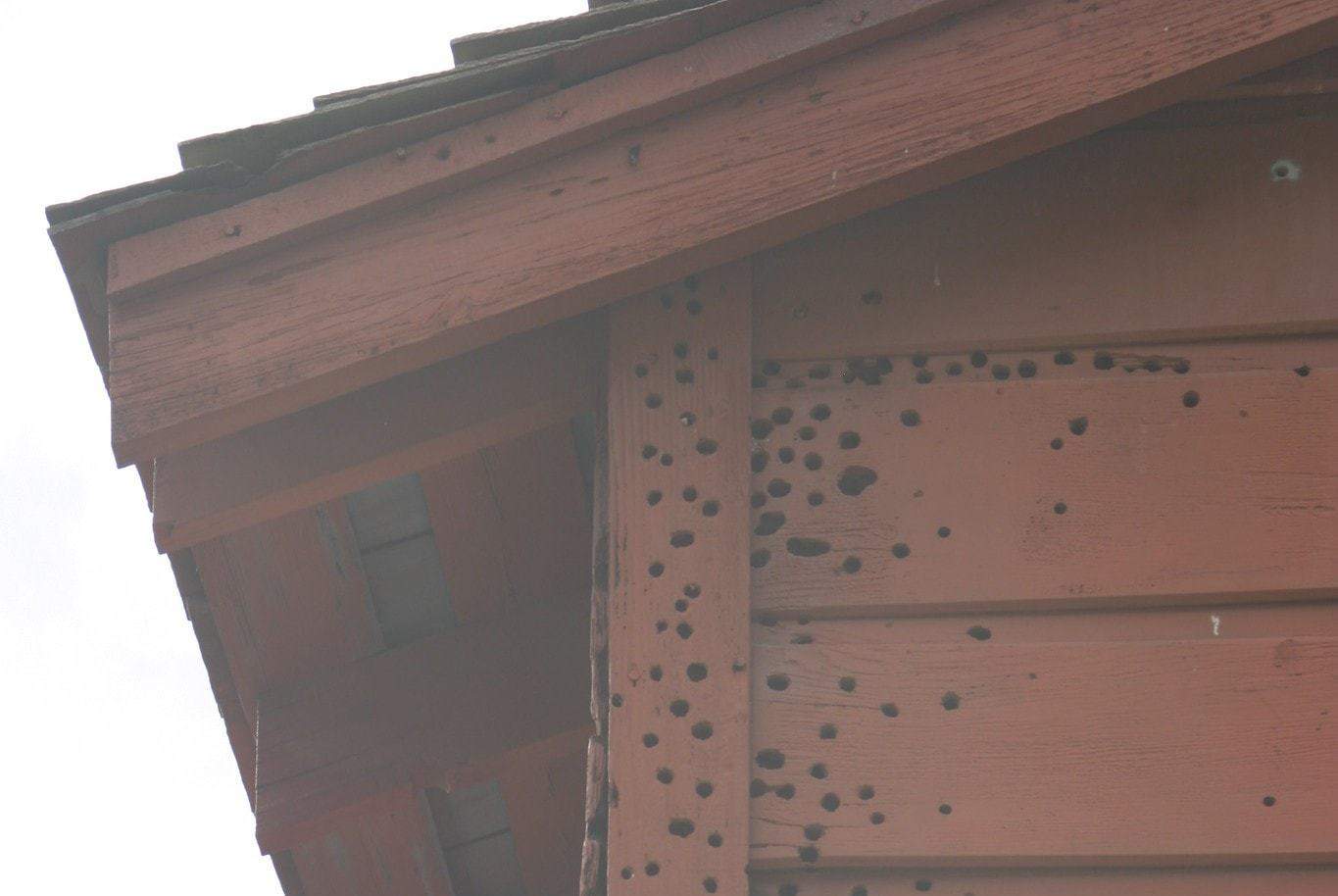
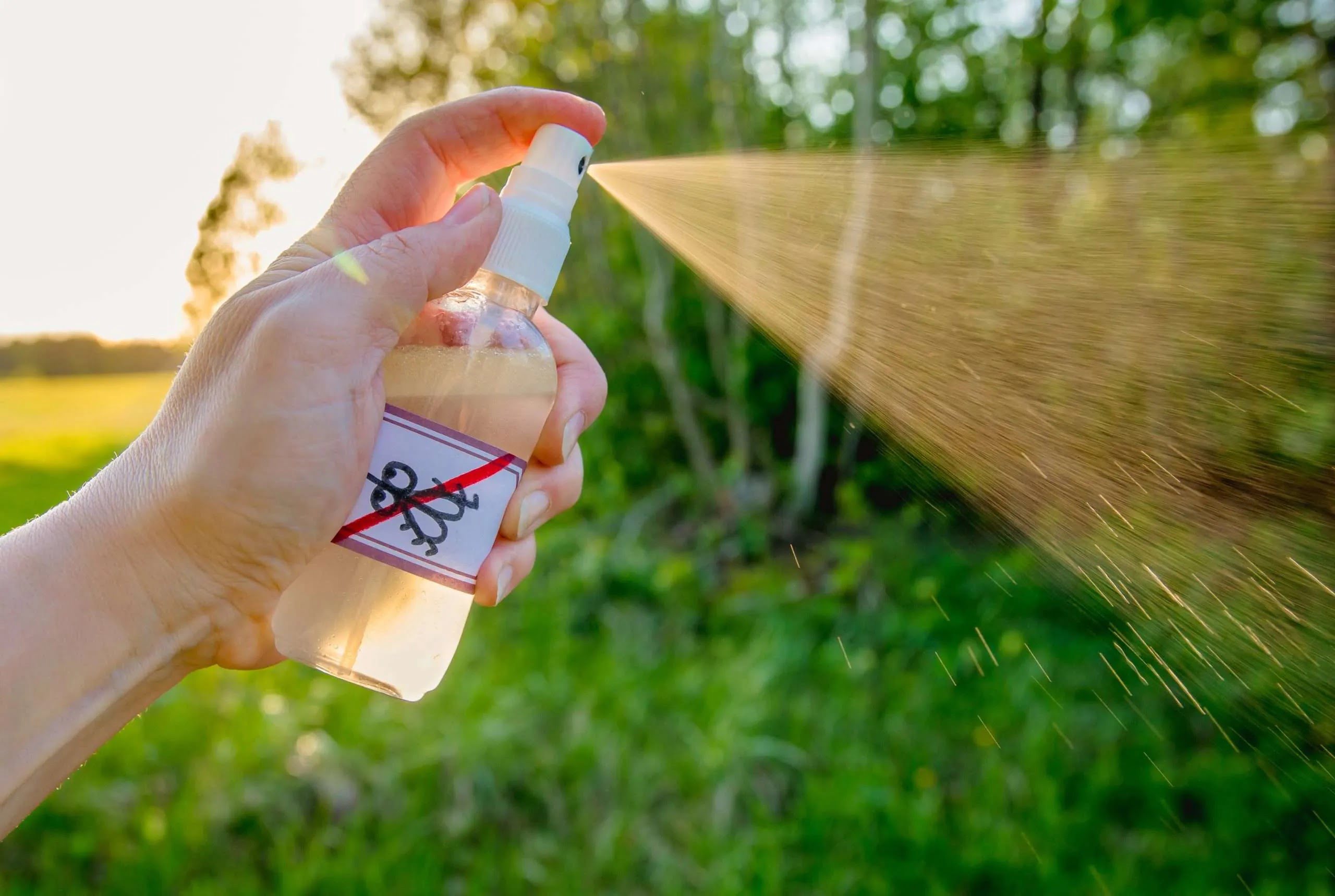
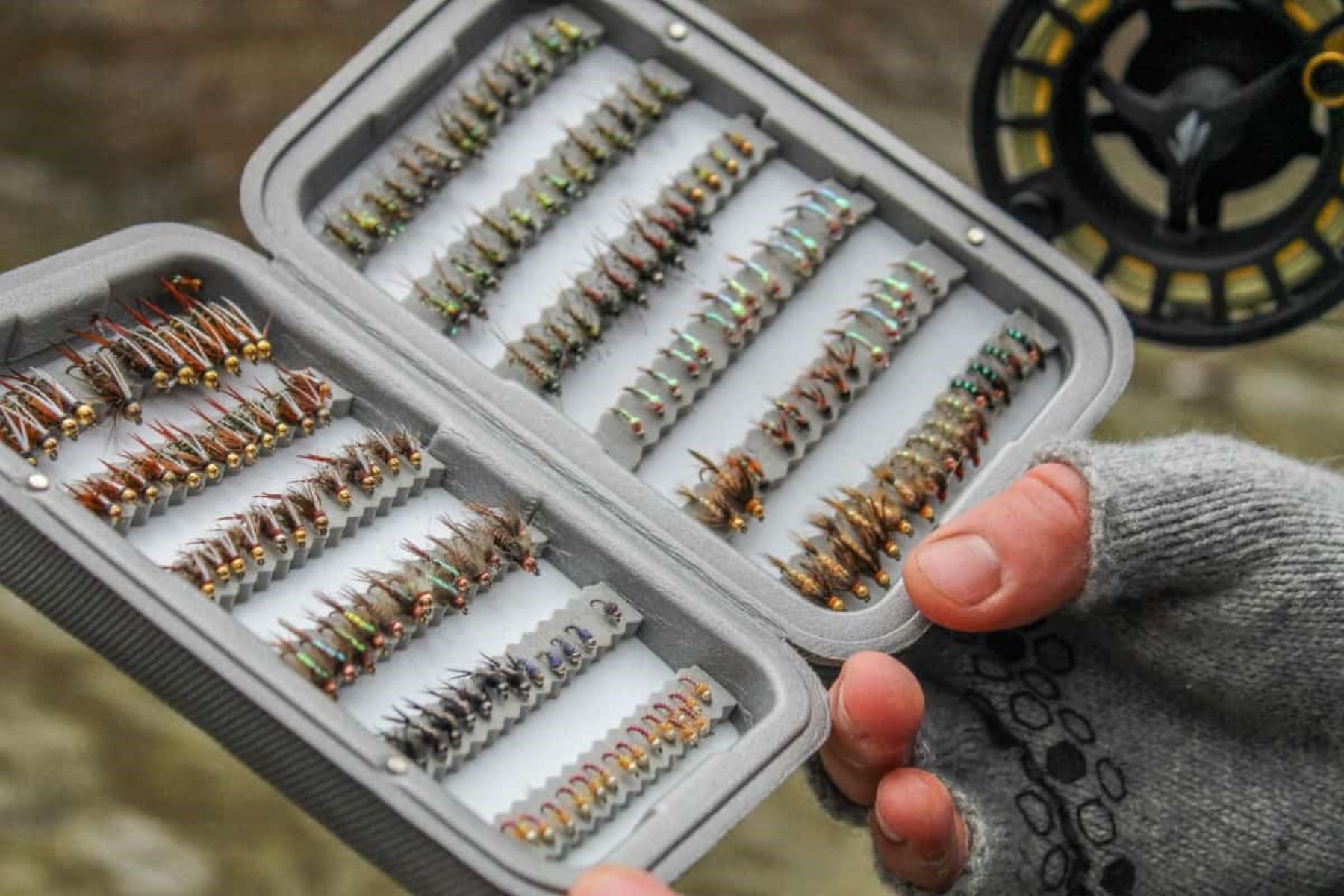
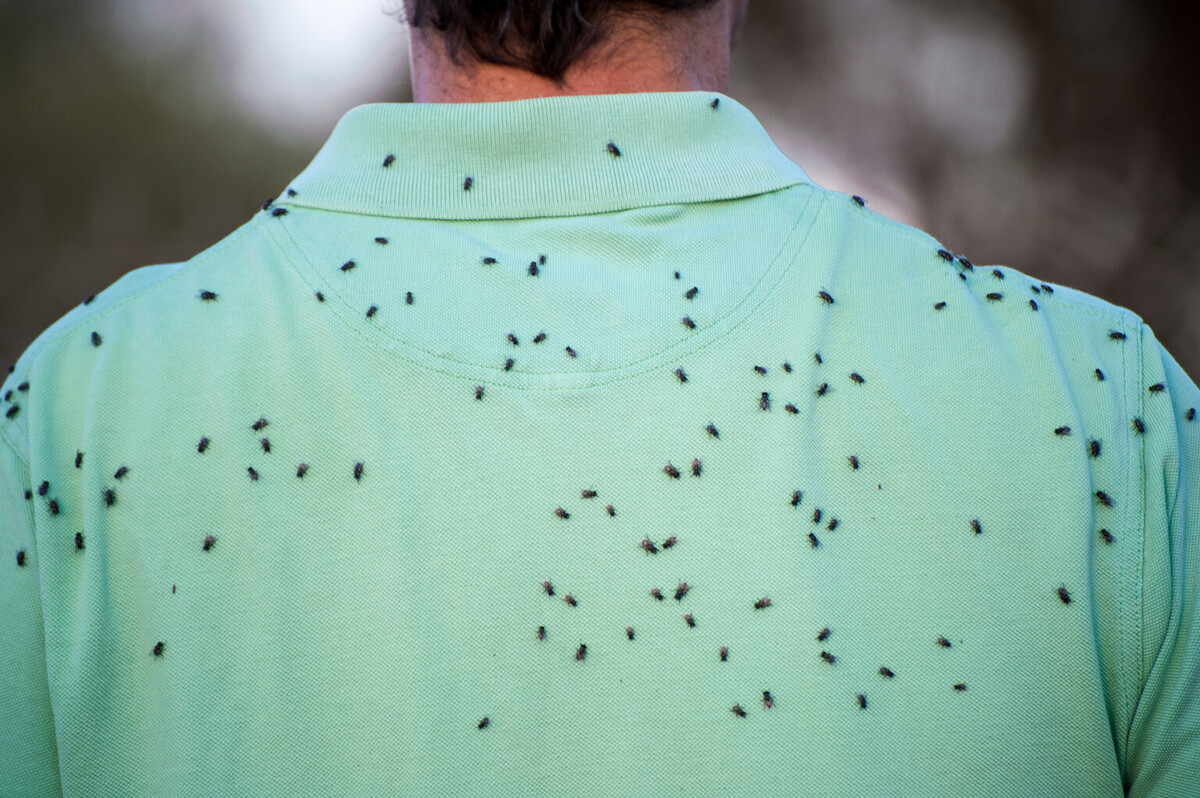

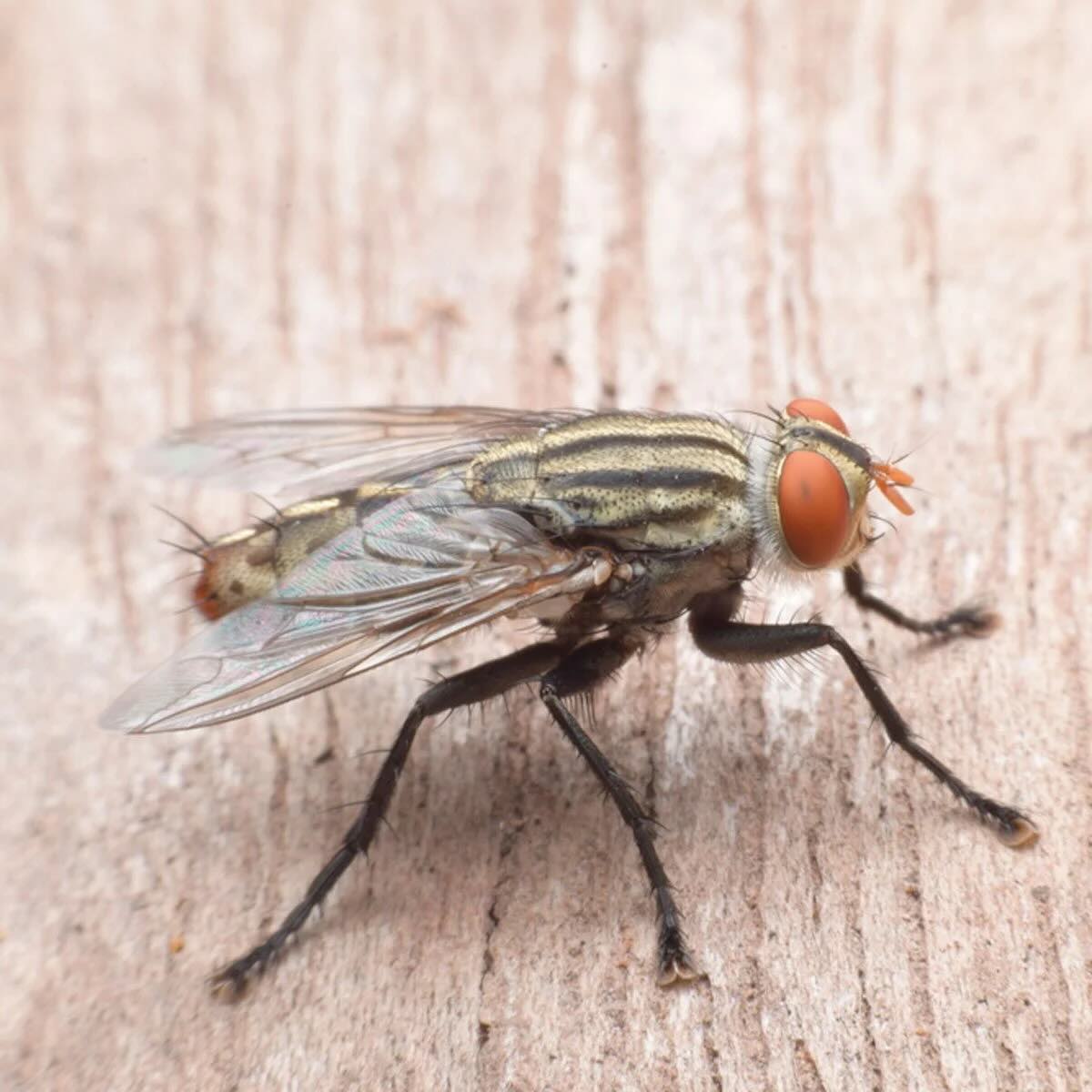

0 thoughts on “How To Deter Flies Outside On The Patio”